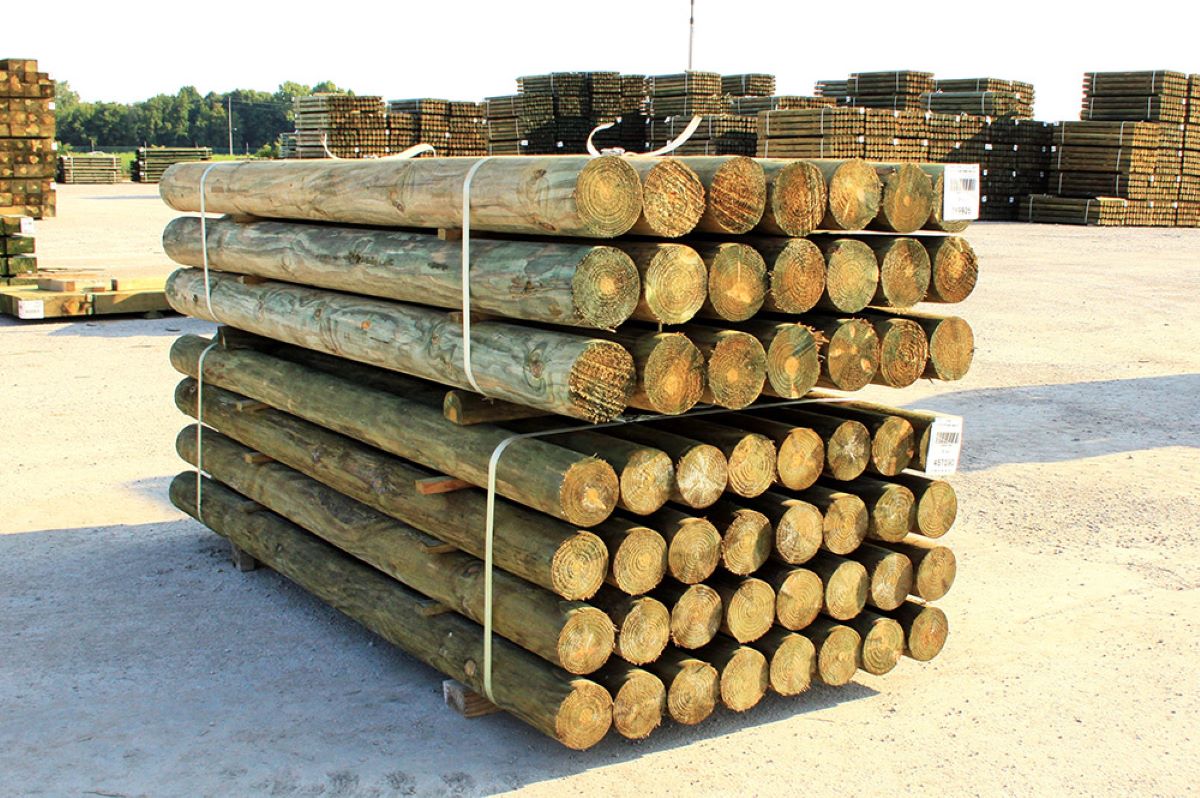

Articles
How Much Do Fence Posts Cost
Modified: October 20, 2024
Looking for articles on the cost of fence posts? Find out how much fence posts typically cost and make an informed decision for your fencing project.
(Many of the links in this article redirect to a specific reviewed product. Your purchase of these products through affiliate links helps to generate commission for Storables.com, at no extra cost. Learn more)
Introduction
Welcome to our comprehensive guide on fence posts! When it comes to installing a fence, one of the most important elements to consider is the type and cost of the fence posts. Fence posts provide stability and support to the entire fence structure, so choosing the right ones is crucial to ensure the longevity and durability of your fence.
In this article, we will explore the various factors that can affect the cost of fence posts, as well as the different types of fence posts available in the market. Whether you are planning to install a wood, vinyl, metal, or concrete fence, understanding the different options and their costs will help you make an informed decision.
So, let’s dive into the world of fence posts and discover the factors that influence their costs, as well as the different types of posts you can choose from.
Key Takeaways:
- Choosing the right fence posts is crucial for stability and longevity. Factors such as material, cost, durability, maintenance, and aesthetics should be considered to make an informed decision.
- Wood, vinyl, metal, and concrete are popular fence post options, each with unique benefits. Exploring alternative options like composite, fiberglass, bamboo, PVC, or plastic-coated steel posts can also provide specific advantages based on individual project requirements.
Read more: How Much Concrete Needed For Fence Post
Factors Affecting Fence Post Costs
Several factors come into play when determining the cost of fence posts. By understanding these factors, you can better estimate the expenses and plan your budget accordingly. Here are some key factors that can affect the cost of fence posts:
- Material: The type of material used for the fence posts will have a significant impact on the cost. Different materials, such as wood, vinyl, metal, or concrete, vary in terms of durability, maintenance, and aesthetic appeal, thereby affecting their respective prices.
- Length and Quantity: The length and quantity of fence posts required for your project will also impact the overall cost. The more posts you need, the higher the expenses will be. Additionally, longer posts may cost more than shorter ones, depending on the material and supplier.
- Installation Process: The installation process can also influence the cost of fence posts. If you plan to hire professionals for installation, their labor charges will add to the overall expenses. Additionally, the complexity of the installation, such as challenging terrain or special requirements, may incur additional costs.
- Location: The location and accessibility of your property can affect the cost of fence posts. If your property is situated in a remote area, transportation costs may be higher, impacting the overall expenses. Additionally, local building codes and regulations can also affect the type of posts required, which could alter their cost.
- Supplier and Quality: The supplier you choose and the quality of the fence posts can also impact the cost. Different suppliers may offer varying prices for the same type of posts, so it’s essential to research and compare prices. Additionally, opting for higher quality posts may result in higher upfront costs but can save you money in the long run due to their durability and longevity.
Keep in mind that these factors are interrelated, and your specific requirements will ultimately determine the overall cost of fence posts. By considering these factors in conjunction with your budget and preferences, you can make an informed decision when selecting fence posts for your project.
Types of Fence Posts
When it comes to fence posts, there are several types to choose from, each with its own set of advantages and considerations. Let’s take a closer look at some of the most common types of fence posts:
- Wood Fence Posts: Wood fence posts are a popular choice due to their natural and rustic appearance. They are relatively affordable and can be easily customized to fit different fence styles. However, wood posts require regular maintenance, such as staining or sealing, to protect them from weathering and rotting.
- Vinyl Fence Posts: Vinyl fence posts are known for their durability and low maintenance. They are resistant to rot, pests, and weather damage, making them an excellent long-term investment. Vinyl posts are available in various styles and colors, allowing you to match them with your desired fence design. However, they can be more expensive upfront compared to other materials.
- Metal Fence Posts: Metal fence posts, such as steel or aluminum, are renowned for their strength and durability. They are resistant to rot, insects, and weather elements, making them suitable for areas with harsh conditions. Metal posts can be powder-coated in different colors and are compatible with various fence materials, providing versatility in design. However, metal posts can be more expensive than wood or vinyl options.
- Concrete Fence Posts: Concrete fence posts offer superior strength and stability, making them ideal for heavy-duty fencing projects. They are resistant to rot, warping, and insect damage, ensuring long-lasting support for the fence. Concrete posts can be precast or poured on-site, depending on your preference. While concrete posts are durable, they can be more labor-intensive and require proper installation techniques for optimal performance.
- Other Fence Post Alternatives: In addition to the traditional options mentioned above, there are other alternatives available. For example, composite posts combine the advantages of wood and plastic, providing a durable and eco-friendly solution. Fiberglass posts are lightweight and resistant to weathering, making them suitable for various environments. Bamboo posts offer a sustainable and aesthetically pleasing option for those seeking a natural look.
When choosing the right type of fence posts for your project, consider factors such as budget, desired aesthetics, durability, and maintenance requirements. Consulting with a professional or reputable supplier can help you make an informed decision based on your specific needs and preferences.
Wood Fence Posts
Wood fence posts are a classic and popular choice for many homeowners due to their natural beauty and affordability. They are available in various sizes and styles, making them versatile for different types of fences. Here are some key points to consider when it comes to wood fence posts:
1. Types of Wood:
There are different types of wood commonly used for fence posts, including cedar, pine, and redwood. Cedar is known for its natural resistance to decay and insects, making it a popular choice for outdoor projects. Pine is widely available and budget-friendly, but it requires treatment to enhance its durability. Redwood is highly durable and naturally resistant to insects, rot, and weathering, but it can be more expensive compared to other wood options.
2. Size and Shape:
Wood fence posts come in various sizes and shapes, such as round, square, or rectangular. The size of the post will depend on the height and style of your fence, as well as the soil conditions and wind exposure in your area. Thicker and taller posts are generally required for larger and taller fences to ensure stability and longevity.
3. Installation and Maintenance:
Installing wood fence posts requires digging deep holes and securely anchoring the posts in the ground. It is vital to ensure proper alignment and use gravel or concrete to provide additional support. Regular maintenance is crucial for wood posts to protect them from moisture, rot, and insect damage. This may include staining, sealing, or painting the posts every few years.
4. Cost and Longevity:
Wood fence posts are typically more affordable compared to other materials like vinyl or metal. The cost can vary depending on the type of wood, size of the posts, and the supplier. While wood fence posts can last for many years with proper maintenance, they may not be as long-lasting as some other materials. However, regular upkeep can extend their lifespan significantly.
5. Aesthetic Appeal:
One of the main advantages of wood fence posts is their natural and rustic appearance. They have a warm and inviting charm that can enhance the overall beauty of your property. Wood posts also offer flexibility in terms of design and customization, as you can choose from different wood stains and finishes to achieve your desired aesthetic.
Keep in mind that wood fence posts may require more maintenance compared to other materials, and their longevity can be influenced by factors such as climate and soil conditions. Consulting with a professional or reputable supplier can help you choose the right type of wood and provide guidance on proper installation and maintenance techniques for wood fence posts.
Vinyl Fence Posts
Vinyl fence posts are a popular choice among homeowners due to their durability, low maintenance requirements, and aesthetic appeal. Made from PVC (polyvinyl chloride) material, vinyl posts offer numerous benefits for those looking for a long-lasting and hassle-free fencing solution. Here are some key points to consider when it comes to vinyl fence posts:
1. Durability and Longevity:
Vinyl fence posts are known for their exceptional durability and longevity. They are resistant to rot, moisture, insects, and harsh weather conditions, making them an ideal choice for outdoor use. Unlike wood, vinyl does not splinter, warp, or crack over time, ensuring a long-lasting investment for your fence.
2. Low Maintenance:
One of the major advantages of vinyl fence posts is their minimal maintenance requirements. Unlike wood, which needs regular staining or sealing, vinyl posts can simply be cleaned with water and mild detergent to keep them looking good. They do not require painting, scraping, or any other time-consuming upkeep tasks, saving you time and effort in the long run.
3. Versatility:
Vinyl fence posts come in a wide range of styles, colors, and finishes, allowing you to match them with your preferred fence design. Whether you want a classic white picket fence or a modern privacy fence, vinyl posts offer flexibility in achieving the desired look for your property. Some vinyl posts also mimic the appearance of wood grain, providing a natural and realistic aesthetic.
4. Eco-Friendly Option:
Vinyl fence posts are considered an eco-friendly choice for several reasons. Firstly, they are made from recyclable materials and can be recycled at the end of their life cycle. Secondly, since vinyl posts do not require chemical treatments or frequent replacements, they can contribute to a reduction in environmental impact compared to other fence materials.
5. Initial Cost:
While vinyl fence posts may have a higher upfront cost compared to wood or metal, they can prove to be a cost-effective option in the long run. With their durability and low maintenance requirements, you can save on repair and replacement costs over time. Additionally, considering the lifespan and long-lasting performance of vinyl posts, the initial investment can be well worth it.
6. Installation:
The installation process for vinyl fence posts is similar to other types of posts. They are typically set in the ground with cement or gravel for stability. It is important to follow the manufacturer’s guidelines and use proper installation techniques to ensure the best results.
When considering vinyl fence posts, it is essential to choose high-quality materials and work with a reputable supplier. They can guide you in selecting the right post size, style, and offer warranty options to ensure satisfaction with your investment. Vinyl fence posts offer the perfect blend of durability, low maintenance, and aesthetic appeal, making them an excellent choice for homeowners seeking a reliable and beautiful fencing solution.
Read more: How Deep Do Fence Posts Need To Be
Metal Fence Posts
Metal fence posts, such as steel and aluminum, are popular options known for their strength, durability, and versatility. They are commonly used in a variety of fencing applications, providing excellent stability and support. Here are some key points to consider when it comes to metal fence posts:
1. Strength and Durability:
Metal fence posts are known for their superior strength and durability compared to other materials. They can withstand heavy winds, extreme weather conditions, and impacts, ensuring a long-lasting and sturdy fence. Metal posts are less susceptible to warping, bending, or cracking, making them an excellent choice for high-traffic areas or fences that need extra security.
2. Resistance to Elements:
Metal fence posts, particularly those made of galvanized steel or aluminum, are highly resistant to rust and corrosion. They can withstand exposure to moisture, humidity, and other environmental elements without deteriorating. This resistance ensures longevity and reduces the need for frequent maintenance or repairs.
3. Compatibility and Design Options:
Metal fence posts are compatible with various fence materials, including wood, chain link, or vinyl. This versatility allows you to create unique designs and fence styles that meet your specific needs and preferences. Metal posts can be used for both decorative and functional purposes, offering flexibility in achieving your desired look.
4. Low Maintenance:
Metal fence posts require minimal maintenance, making them a convenient choice for homeowners. Unlike wood posts that may need regular staining or vinyl posts that require occasional cleaning, metal posts can often be left as is with little to no maintenance required. This makes them an attractive option for individuals looking for a hassle-free fencing solution.
5. Cost Considerations:
Metal fence posts may have a higher upfront cost compared to wood posts but can offer long-term cost savings. With their durability and resistance to elements, metal posts can eliminate the need for frequent replacements or repairs, reducing overall maintenance expenses. Additionally, metal posts may increase the value of your property due to their longevity and visual appeal.
6. Installation:
Installing metal fence posts typically involves anchoring them securely into the ground using concrete or other suitable methods. It is important to follow proper installation techniques to ensure stability and safety. Welding or using metal brackets may be required to attach the fence components to the metal posts, depending on the specific design and material of the fence.
When considering metal fence posts, it is crucial to choose high-quality materials that are appropriate for your specific fencing needs. Consulting with a professional or reputable supplier can help you select the right metal type, gauge, and dimensions for your project. Metal fence posts provide a strong and durable foundation for various fence types, offering stability and longevity for your outdoor space.
When budgeting for fence posts, consider the material (wood, metal, etc.), length, and diameter needed for your specific project. Research prices from multiple suppliers to find the best deal.
Concrete Fence Posts
Concrete fence posts are highly regarded for their strength, durability, and stability. They are commonly used in both residential and commercial fencing projects, providing a secure and long-lasting foundation for your fence. Here are some key points to consider when it comes to concrete fence posts:
1. Strength and Stability:
Concrete fence posts are known for their exceptional strength and stability. They offer superior load-bearing capacity, making them suitable for supporting various types of fences, including heavy-duty or tall structures. Concrete posts provide added security and can withstand strong winds, ensuring the longevity of your fence.
2. Resistance to Elements:
One of the main advantages of concrete posts is their resistance to rot, decay, and insect damage. Unlike wood posts, concrete does not deteriorate over time or require frequent maintenance. They also withstand harsh weather conditions, including heavy rain, intense sunlight, and freezing temperatures, without compromising their structural integrity.
3. Versatility in Design:
Concrete fence posts offer versatility in terms of design options. They can be precast or poured on-site, allowing you to customize the dimensions and style to suit your specific needs. Additionally, concrete posts can be easily textured or painted to complement the aesthetic of your fence or property.
4. Durability and Longevity:
Concrete fence posts are designed to last for many years, offering a durable and long-lasting fencing solution. With proper installation and minimal maintenance, concrete posts can offer decades of reliable service. They do not require regular treatments or replacement, resulting in cost savings in the long run.
5. Installation Process:
Installing concrete fence posts involves digging deep holes to accommodate the post’s length and ensuring proper placement for stability. Gravel or concrete is then used to set the posts securely in the ground. It is essential to follow proper installation techniques, such as aligning the posts correctly and allowing sufficient curing time, to achieve optimal results.
6. Cost Considerations:
Concrete fence posts may have a higher upfront cost compared to other materials, such as wood or vinyl. However, their long-term durability and minimal maintenance requirements can offset the initial investment. Additionally, concrete posts can contribute to increased property value due to their lasting strength and functionality.
When opting for concrete fence posts, it is crucial to work with a professional or reputable supplier who can provide high-quality materials and ensure proper installation. They can guide you in choosing the right post size, reinforcement options, and handling any specific requirements for your project.
Concrete fence posts offer unmatched strength, stability, and longevity, making them an excellent choice for both residential and commercial fencing needs. With their durability and resistance to various elements, they provide a reliable foundation that can withstand the test of time.
Other Fence Post Alternatives
Aside from traditional options like wood, vinyl, metal, and concrete, there are several other fence post alternatives available in the market. These alternatives offer unique characteristics and cater to specific needs and preferences. Here are some noteworthy alternatives to consider:
1. Composite Posts:
Composite fence posts are made from a combination of wood fibers and recycled plastic materials. They offer the natural charm of wood with the added durability and low maintenance benefits of plastic. Composite posts are resistant to rot, insects, and weather conditions, making them a sustainable and long-lasting option.
2. Fiberglass Posts:
Fiberglass fence posts are lightweight yet incredibly strong. They are resistant to rot, rust, and weathering, making them suitable for various environments. Fiberglass posts do not conduct electricity, making them ideal for electric fences. They are also easy to install and require minimal maintenance.
3. Bamboo Posts:
Bamboo fence posts offer a sustainable and environmentally friendly alternative. They are known for their strength, resilience, and aesthetic appeal. Bamboo is a fast-growing plant, making it an eco-conscious choice for those concerned about sustainability. It is important to choose high-quality bamboo that has been properly treated to enhance its durability and longevity.
4. PVC or Plastic Posts:
PVC or plastic fence posts are lightweight, durable, and resistant to rot and decay. They are often used in temporary fencing applications or for areas where you may require quick and easy installation. PVC posts are generally affordable, low maintenance, and can be easily recycled at the end of their lifespan.
5. Metal T-Posts:
Metal T-posts, also known as steel posts, are commonly used for agricultural fencing. They are easy to install and provide stability for fencing wire and mesh. Metal T-posts are versatile and can be used for both temporary and permanent fencing solutions. They are cost-effective, durable, and resistant to weather conditions.
6. Plastic Coated Steel Posts:
Plastic coated steel fence posts combine the strength of steel with the protective benefits of a plastic coating. The plastic coating acts as a barrier against rust and corrosion while providing an aesthetically appealing finish. These posts are suitable for various types of fences and offer long-term durability.
When considering alternative fence post options, it is essential to assess factors such as budget, installation requirements, durability, and maintenance. Consulting with a professional or supplier who specializes in these alternatives can provide valuable insights and help you select the most suitable option for your specific needs.
Whether you opt for composite, fiberglass, bamboo, PVC, metal T-posts, or plastic coated steel posts, exploring alternative fence post options allows you to find a solution that aligns with your preferences while maintaining the functionality and aesthetic appeal of your fence.
Average Costs of Fence Posts
The cost of fence posts can vary depending on various factors, including the type of material, size, quantity, and supplier. Here is a general overview of the average costs for different types of fence posts:
1. Wood Fence Posts:
The average cost of wood fence posts can range from $10 to $30 per post, depending on the type of wood and the length. Prices may vary based on regional factors and supplier rates. Keep in mind that additional costs for staining or sealing the posts, as well as installation labor, should be considered.
2. Vinyl Fence Posts:
Vinyl fence posts tend to be more expensive than wood posts, with average costs ranging from $20 to $50 per post. The price can vary based on the height, thickness, and design of the post. While vinyl posts may have a higher upfront cost, their durability and low maintenance requirements can offset the expense in the long run.
3. Metal Fence Posts:
The average cost of metal fence posts varies depending on the material and thickness. Steel posts can range from $20 to $50 per post, while aluminum posts may be slightly more expensive, averaging between $30 and $60 per post. Factors such as the gauge of the metal and additional coating or finishes can also impact the price.
4. Concrete Fence Posts:
Concrete fence posts typically have a higher upfront cost compared to other materials. On average, concrete posts can range from $30 to $100 per post, depending on their size, reinforcement, and regional variations. While the initial investment may be higher, the durability and longevity of concrete posts can make them a cost-effective option over time.
It is important to note that these average costs are estimates and can vary based on specific project requirements, location, and supplier pricing. Factors such as installation labor, additional materials (such as brackets or hardware), and any customization or special features can also influence the overall cost of fence posts.
When budgeting for your fencing project, be sure to consider the cost of the posts along with other associated expenses, such as fence panels, gates, and installation. Obtaining multiple quotes from different suppliers and consulting with professionals can help you get a more accurate estimate for your specific needs.
Read more: How Much Cost To Build A Fence
Factors to Consider when Choosing Fence Posts
When selecting fence posts for your project, there are several important factors to consider. The right choice of posts will ensure the stability, durability, and overall success of your fence. Here are some key factors to keep in mind when making your decision:
1. Fence Type:
The type of fence you are planning to install will play a significant role in determining the appropriate type of posts. Different fence materials, such as wood, vinyl, metal, or chain-link, may have specific requirements for post compatibility and strength. Consider the specific needs of your fence type to ensure you choose posts that are suitable and provide the necessary support.
2. Budget:
Your budget will influence the type and quality of fence posts you can afford. Different materials and suppliers will have varying price ranges. It’s important to evaluate your budget and strike a balance between affordability and the desired quality and durability of the posts. Remember to factor in any additional costs for installation and maintenance when considering your overall budget.
3. Durability and Maintenance:
Consider the durability and maintenance requirements of the fence posts. Some materials, like vinyl and metal, require minimal upkeep and are resistant to rot, insects, and weather damage. On the other hand, wood posts may need periodic staining, sealing, or replacement to maintain their integrity. Understanding the maintenance needs and long-term durability of the posts will help you make an informed decision.
4. Climate and Soil Conditions:
The climate and soil conditions of your region can impact the performance and lifespan of fence posts. For areas with high moisture, extreme temperature variations, or corrosive soils, it’s crucial to choose posts that are resistant to rot, rust, and decay. Consult with local professionals or suppliers who have expertise in your specific climate and soil conditions for guidance on the best post options.
5. Height and Size of Fence:
The height and size of your fence will determine the strength and thickness required for the posts. Taller fences or those supporting heavy materials may need thicker, sturdier posts for adequate support. Consider the weight and strain that the posts will bear, ensuring they are capable of withstanding the pressure and maintaining stability over time.
6. Aesthetics:
Lastly, consider the visual appeal of the fence posts and how they fit into the overall aesthetic of your property. Different materials and styles can enhance or detract from the overall look of your fence. Choose posts that complement your desired fence design and align with the aesthetics of your outdoor space.
By considering these factors, you can select fence posts that meet the specific needs of your project in terms of functionality, durability, and design. Consulting with professionals, suppliers, or experienced installers can provide valuable insights and ensure you make the best decision for your unique circumstances.
Conclusion
Choosing the right fence posts is a crucial aspect of any fencing project. The type and quality of posts you select will greatly impact the stability, durability, and overall success of your fence. By considering factors such as material, cost, durability, maintenance, climate, and aesthetics, you can make an informed decision that meets your specific needs and preferences.
Wood fence posts offer a classic and affordable option, but they require regular maintenance to protect against rot and weathering. Vinyl fence posts provide durability and low maintenance, but they can be more expensive upfront. Metal fence posts offer exceptional strength and versatility, while concrete fence posts provide unrivaled stability and longevity. Exploring alternative options like composite, fiberglass, bamboo, PVC, or plastic-coated steel posts can also provide unique benefits based on your specific requirements.
Consider the average costs associated with each type of fence post, factoring in installation labor and any additional materials. It’s essential to work with reputable suppliers and professionals who can offer guidance and provide high-quality materials that suit your project’s needs.
When choosing fence posts, take into account the specific needs of your fence type, budget constraints, the climate and soil conditions of your region, and the desired aesthetics. Balancing durability, maintenance, and visual appeal will help you achieve the best possible outcome for your fencing project.
In conclusion, investing time and careful consideration into selecting the right fence posts will ensure the longevity and functionality of your fence. By making an informed decision based on your specific requirements, you can enjoy a sturdy and visually appealing fence that enhances your outdoor space for years to come.
Frequently Asked Questions about How Much Do Fence Posts Cost
Was this page helpful?
At Storables.com, we guarantee accurate and reliable information. Our content, validated by Expert Board Contributors, is crafted following stringent Editorial Policies. We're committed to providing you with well-researched, expert-backed insights for all your informational needs.
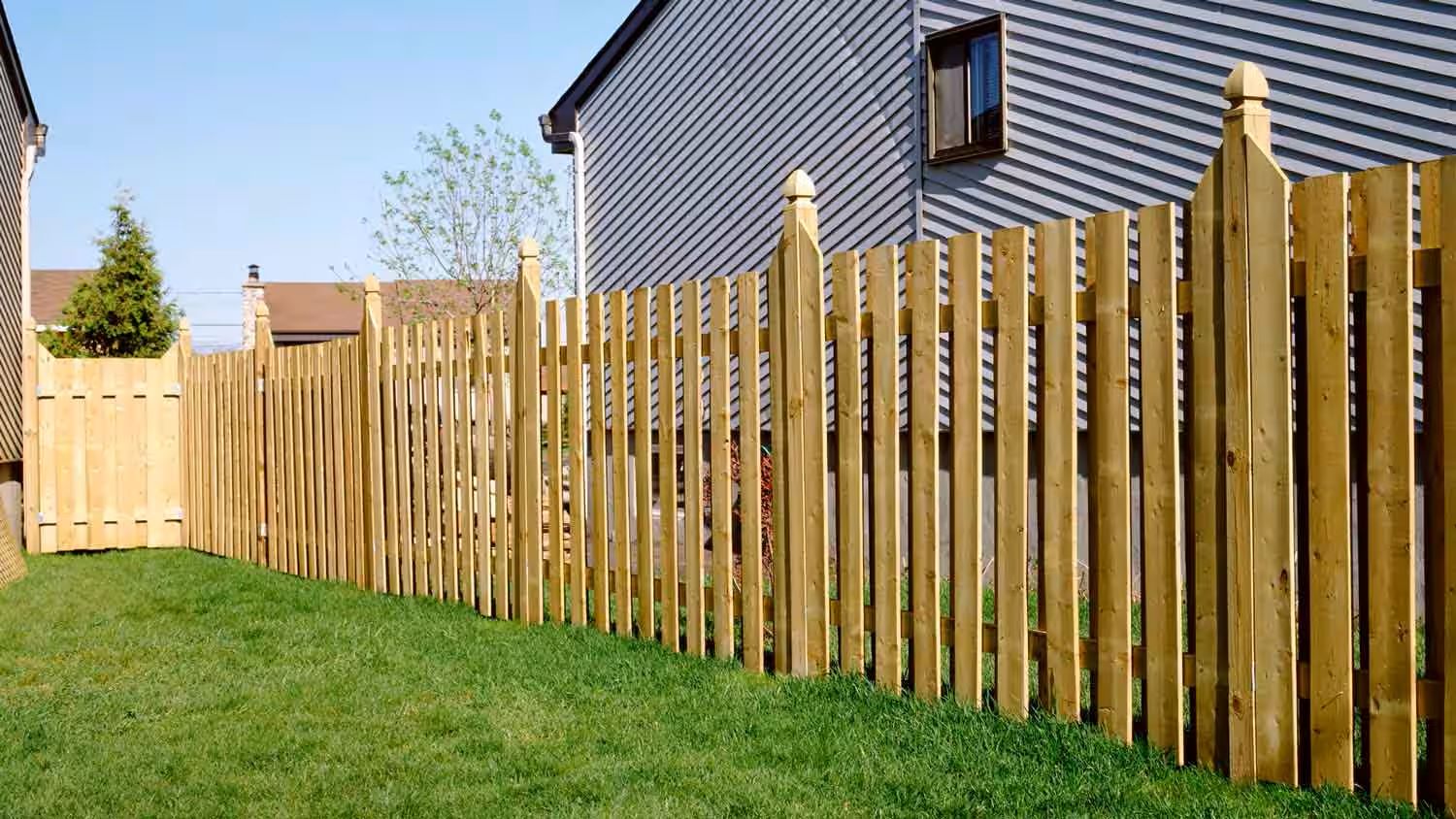
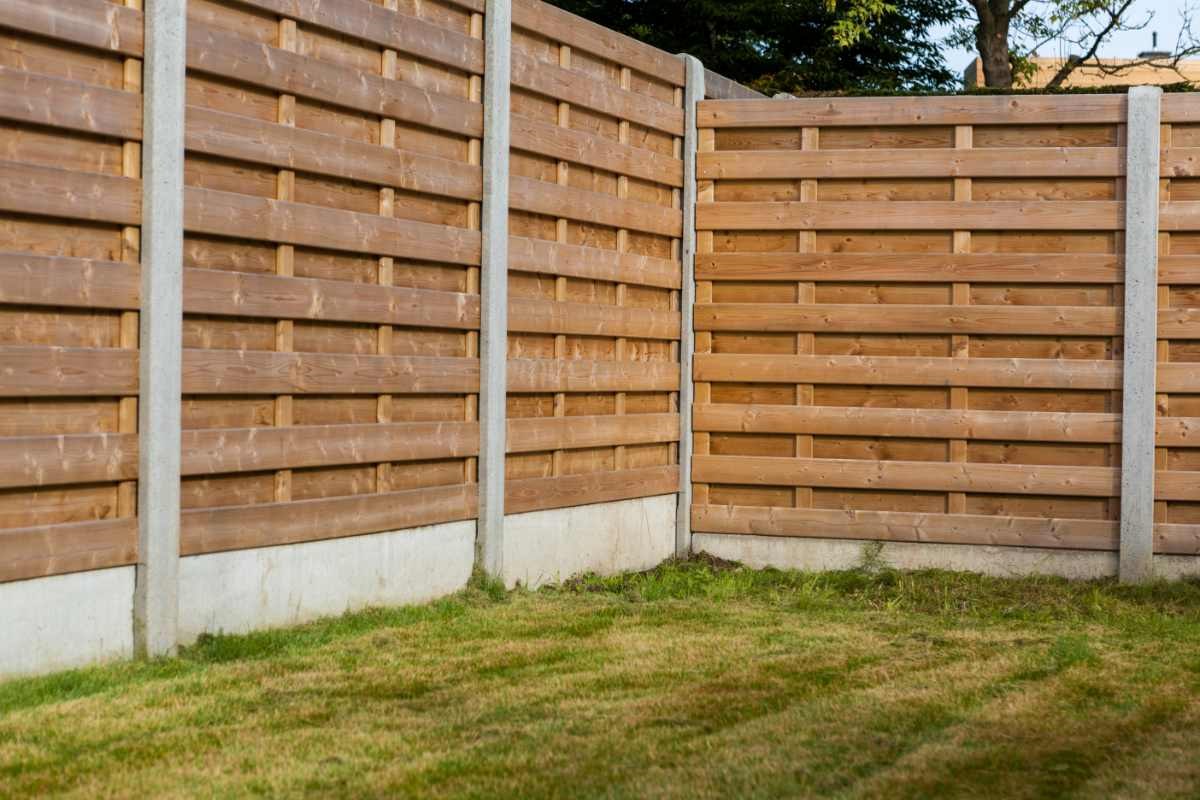
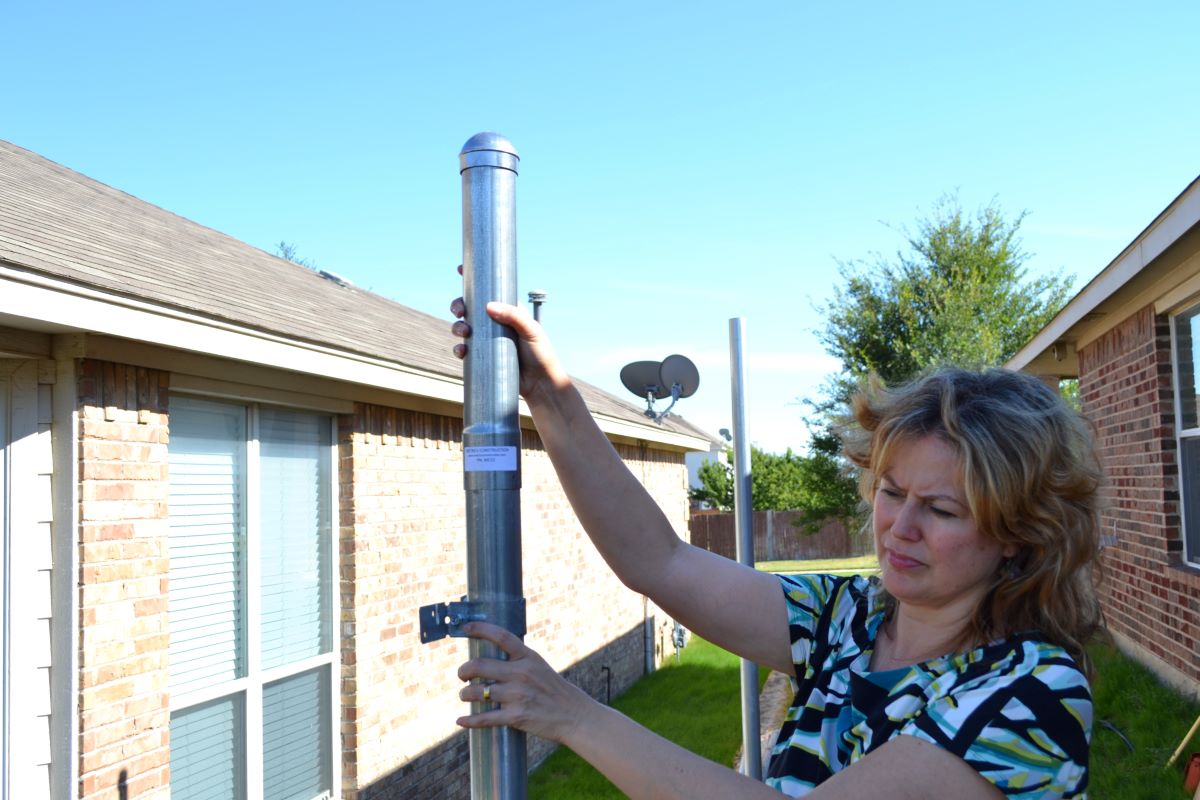
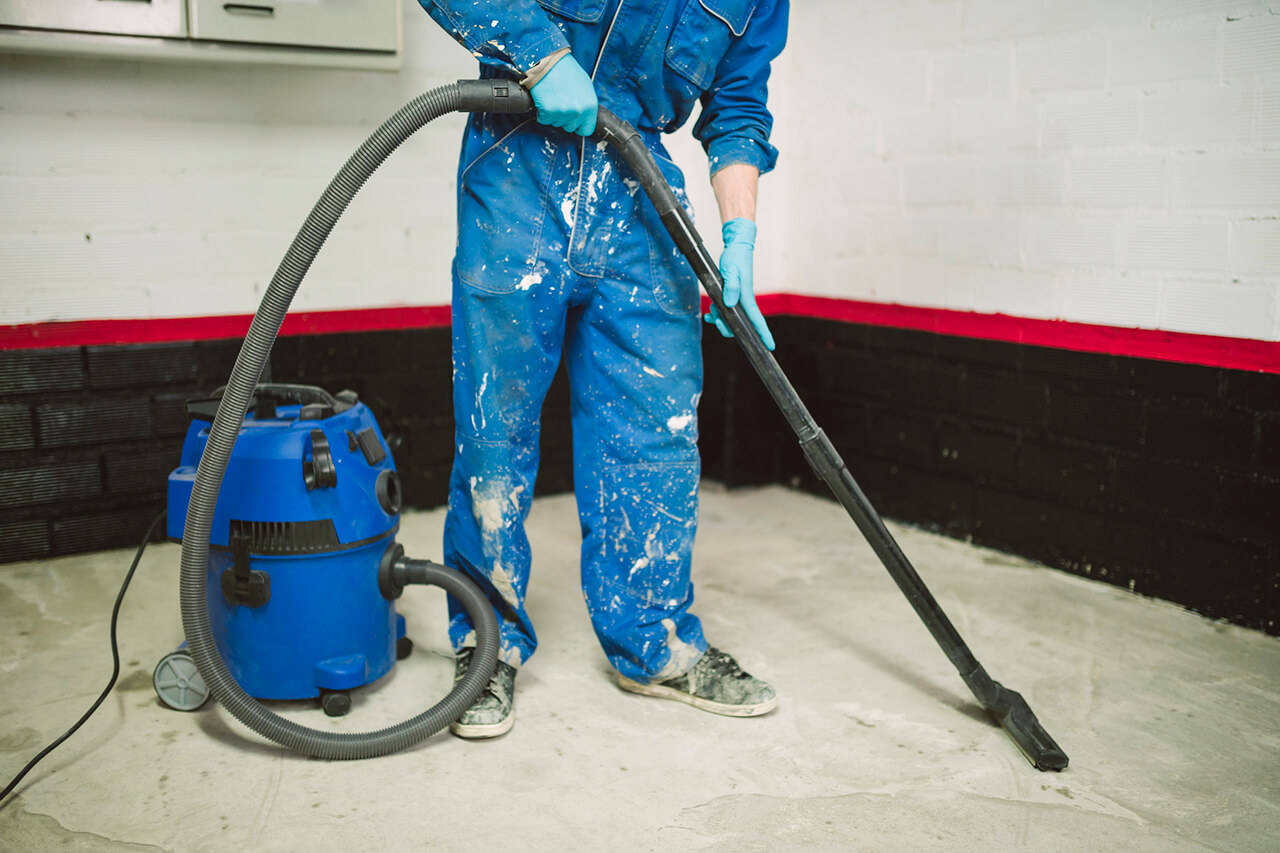
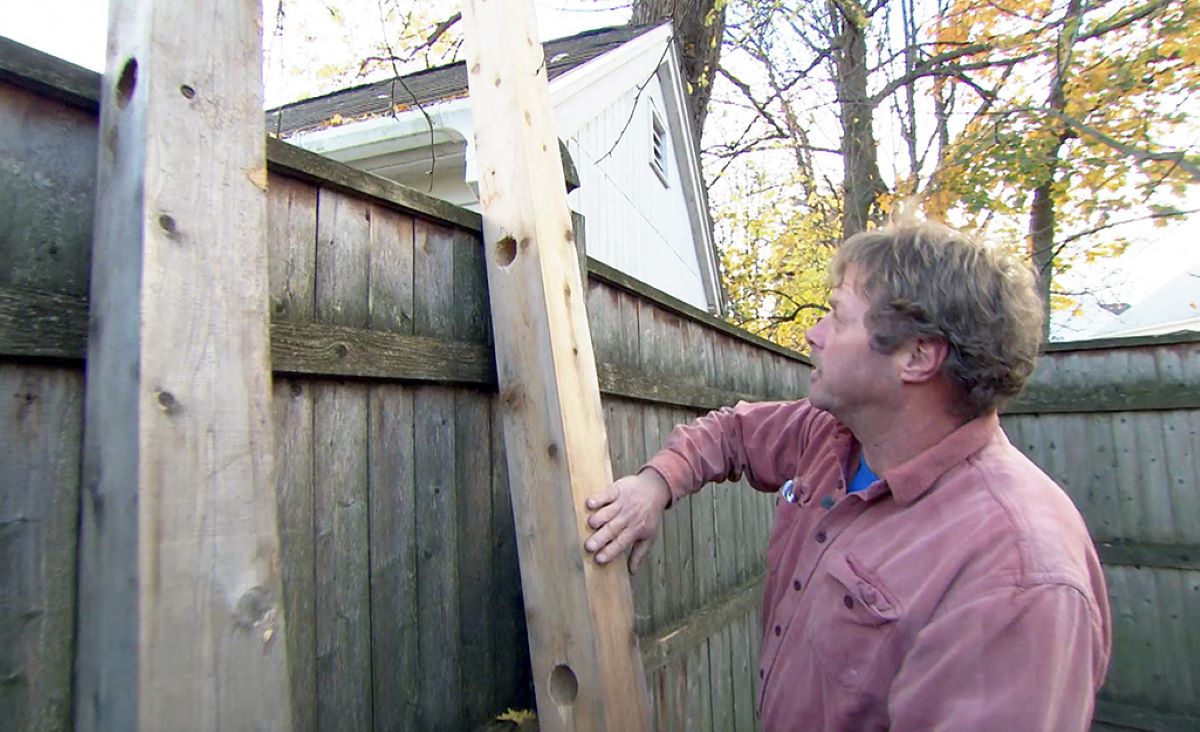

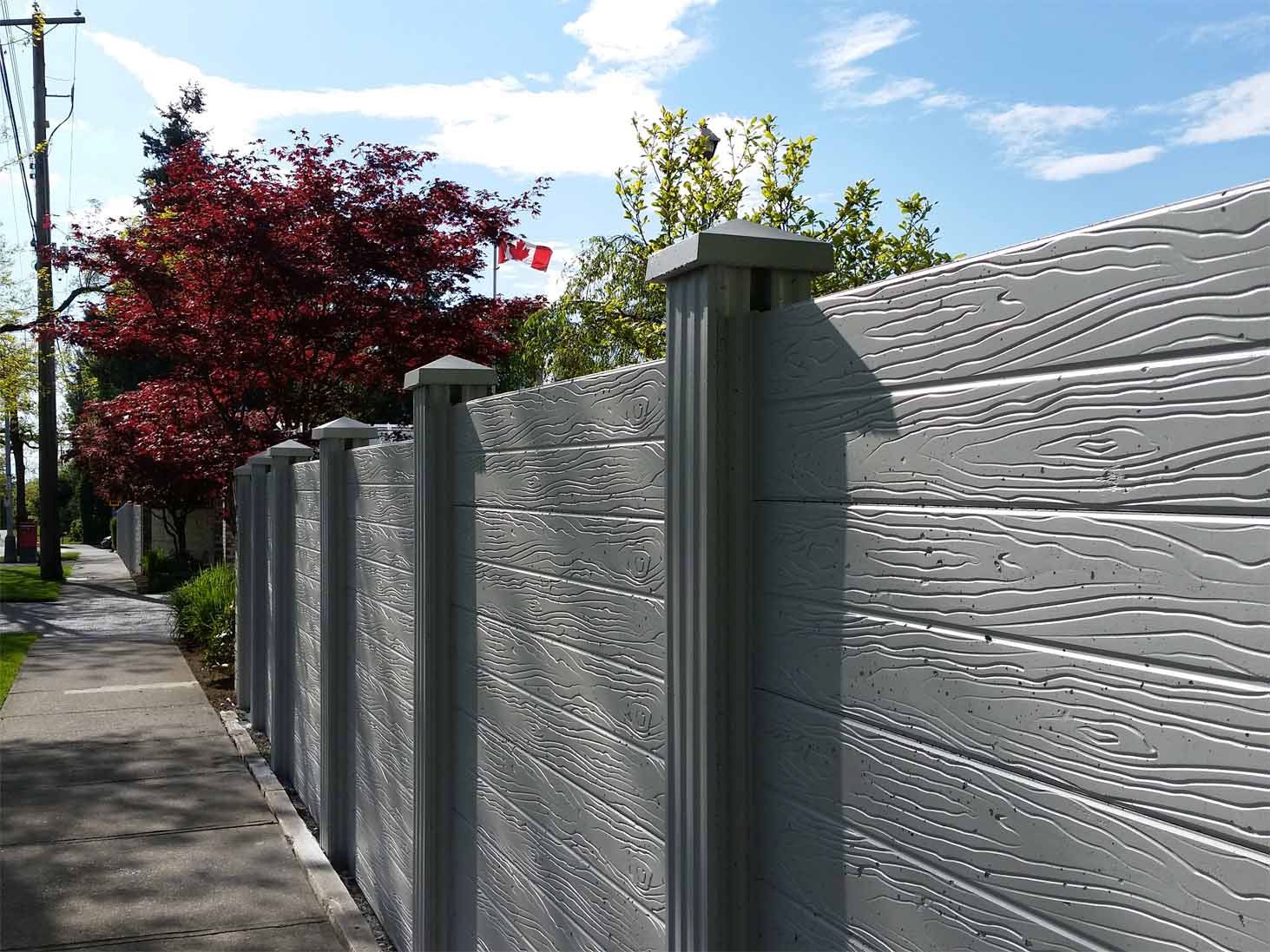
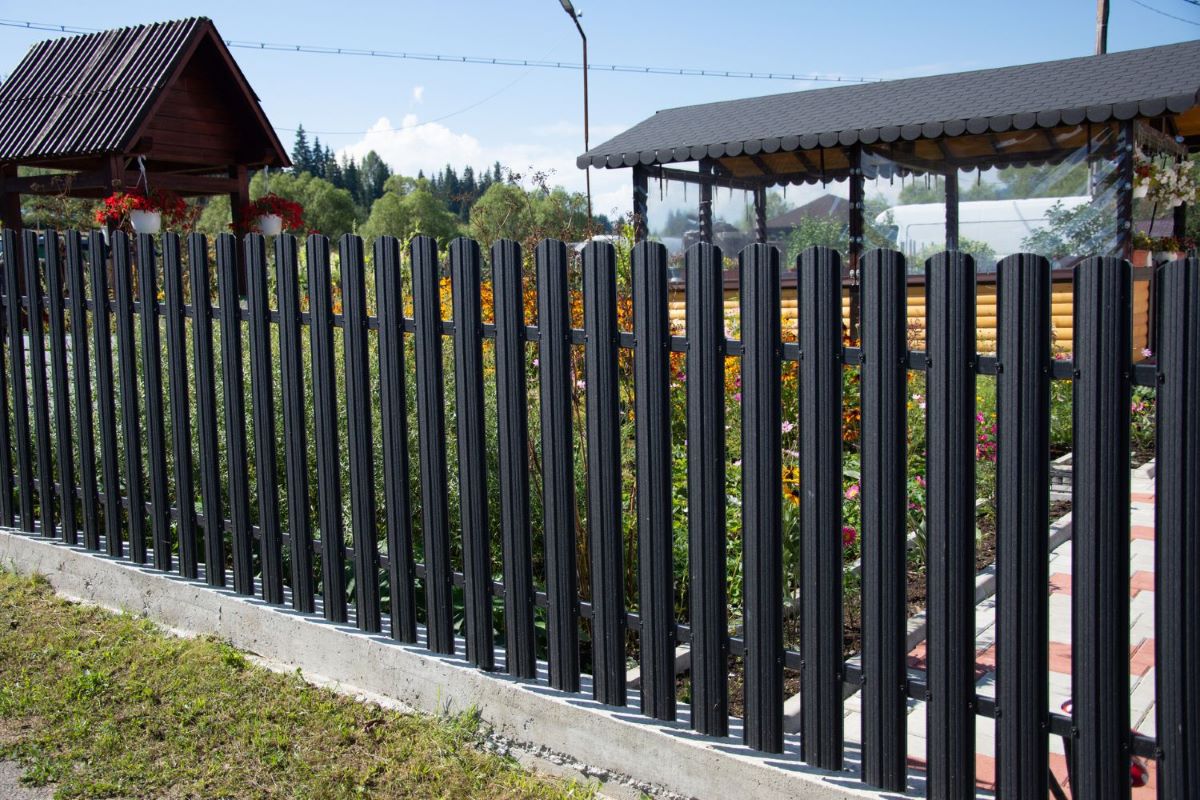
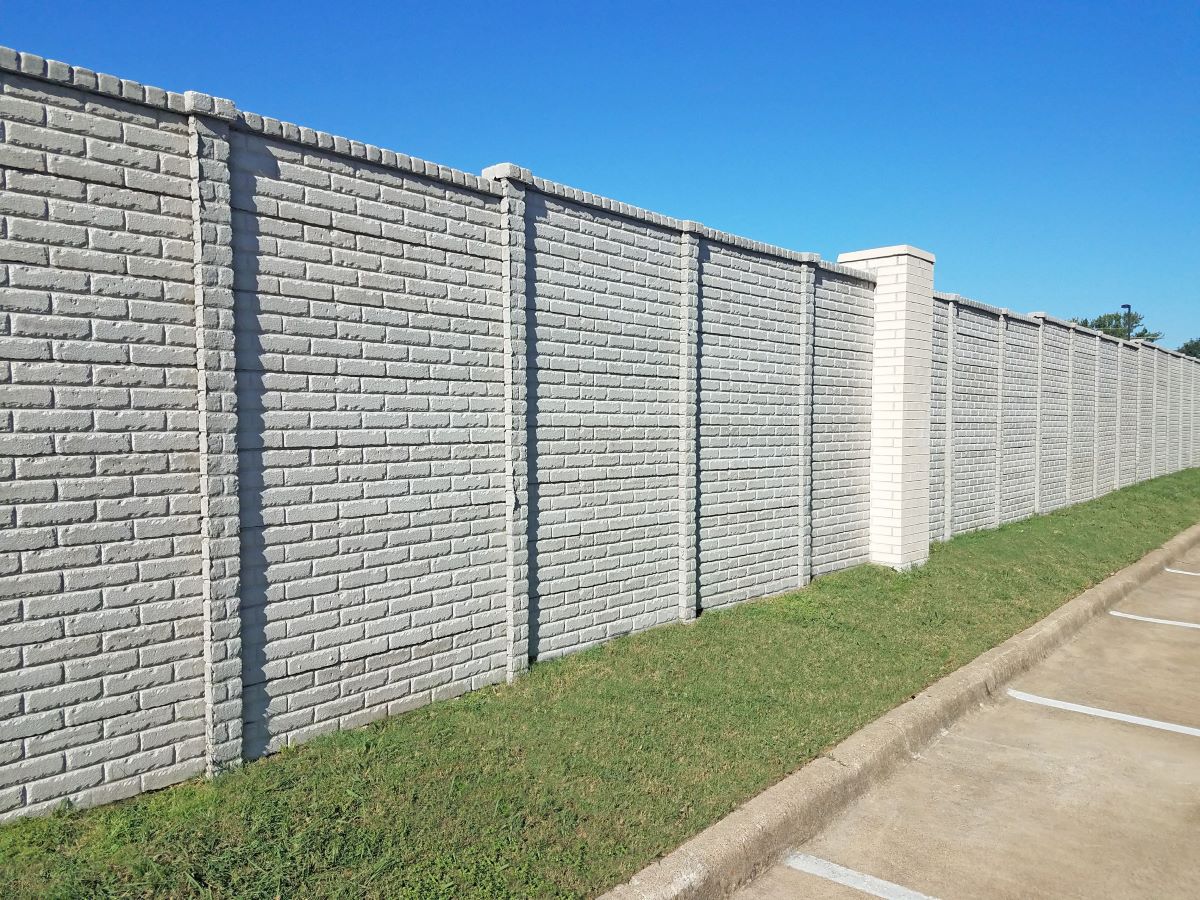
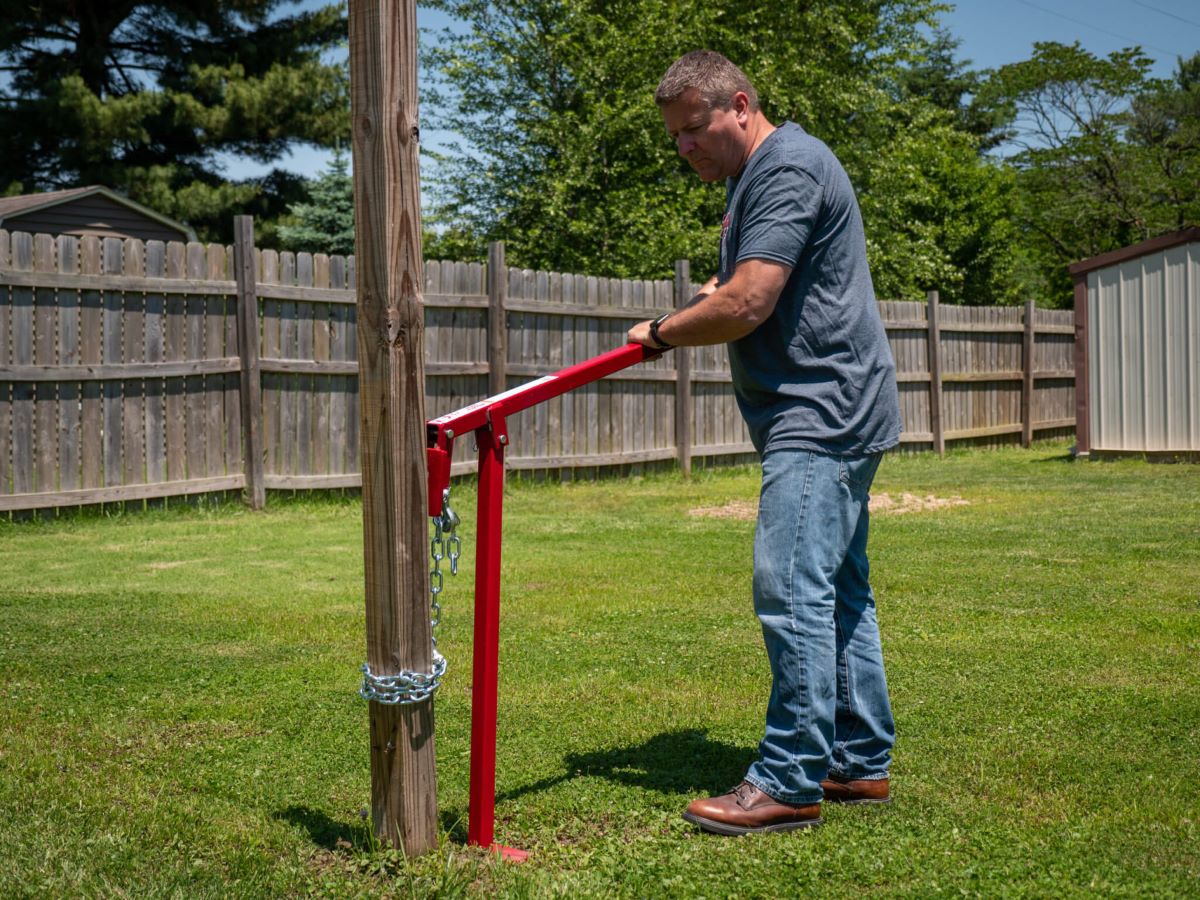
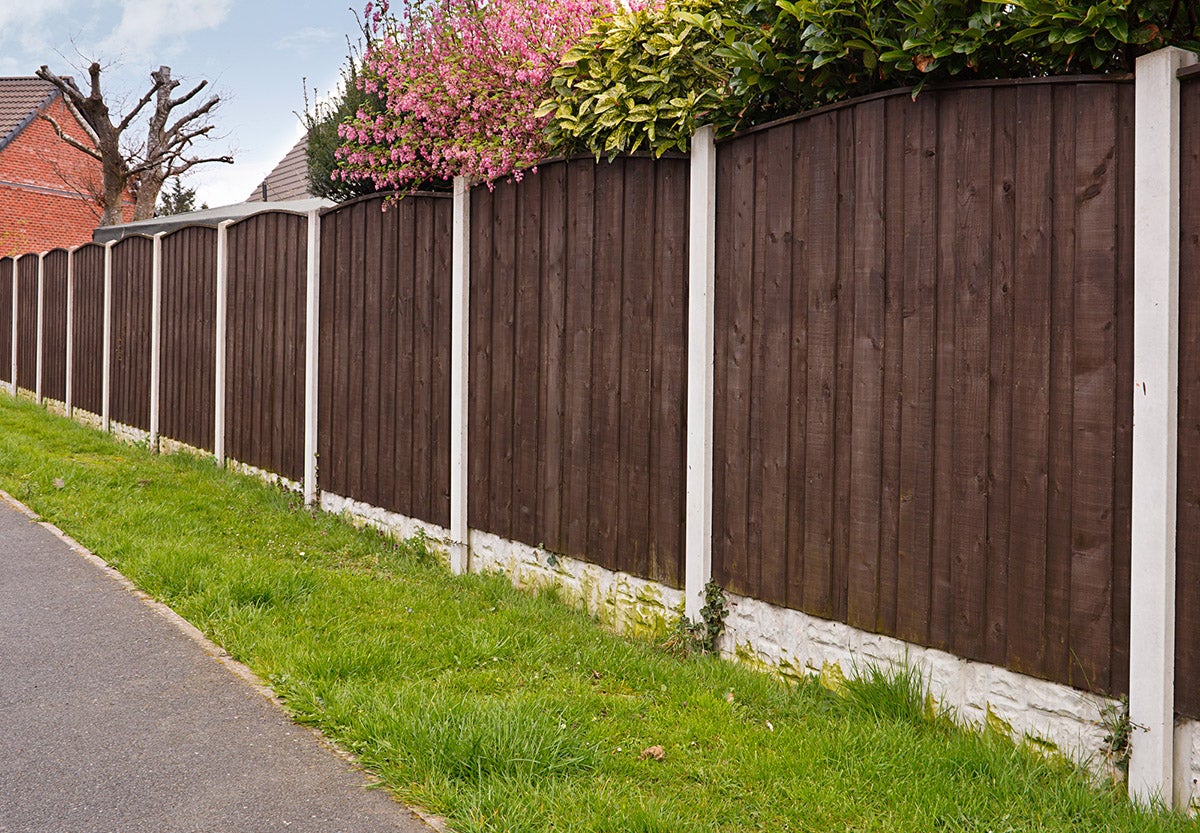
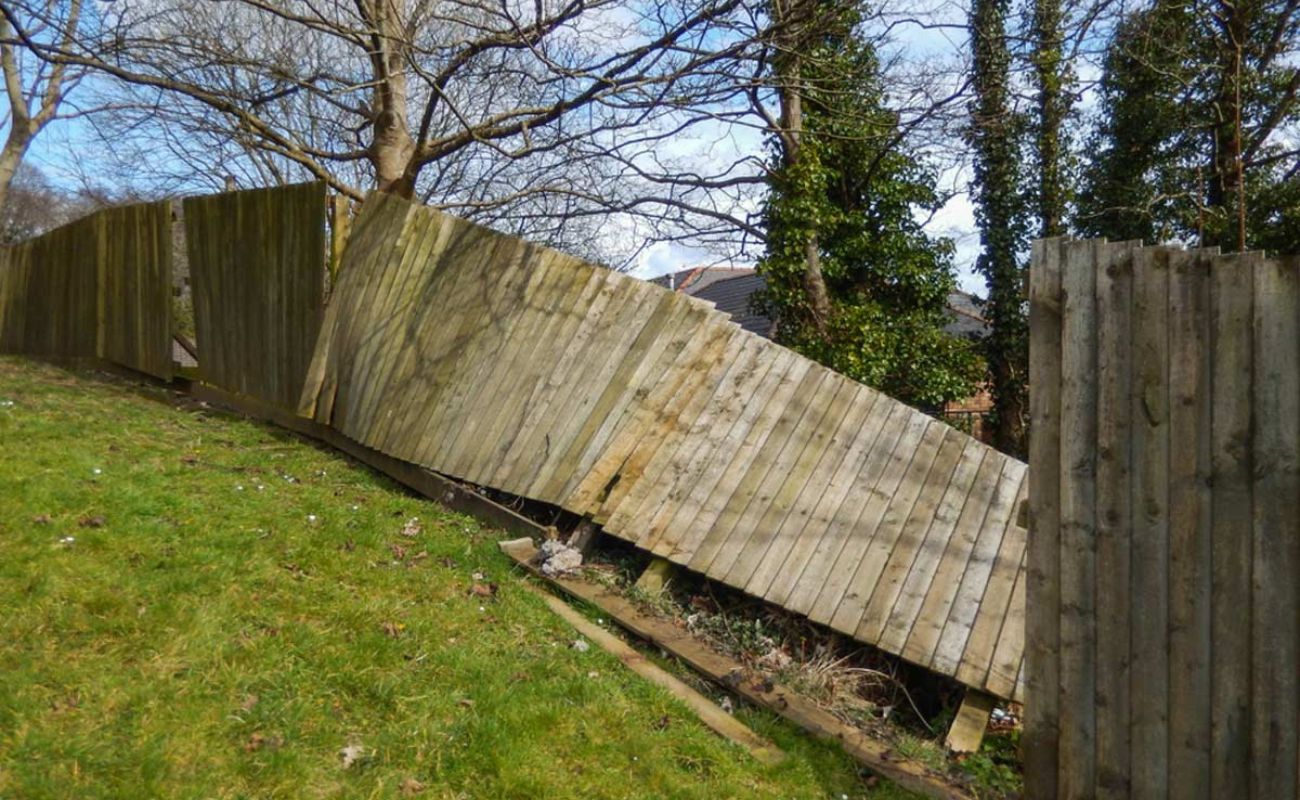
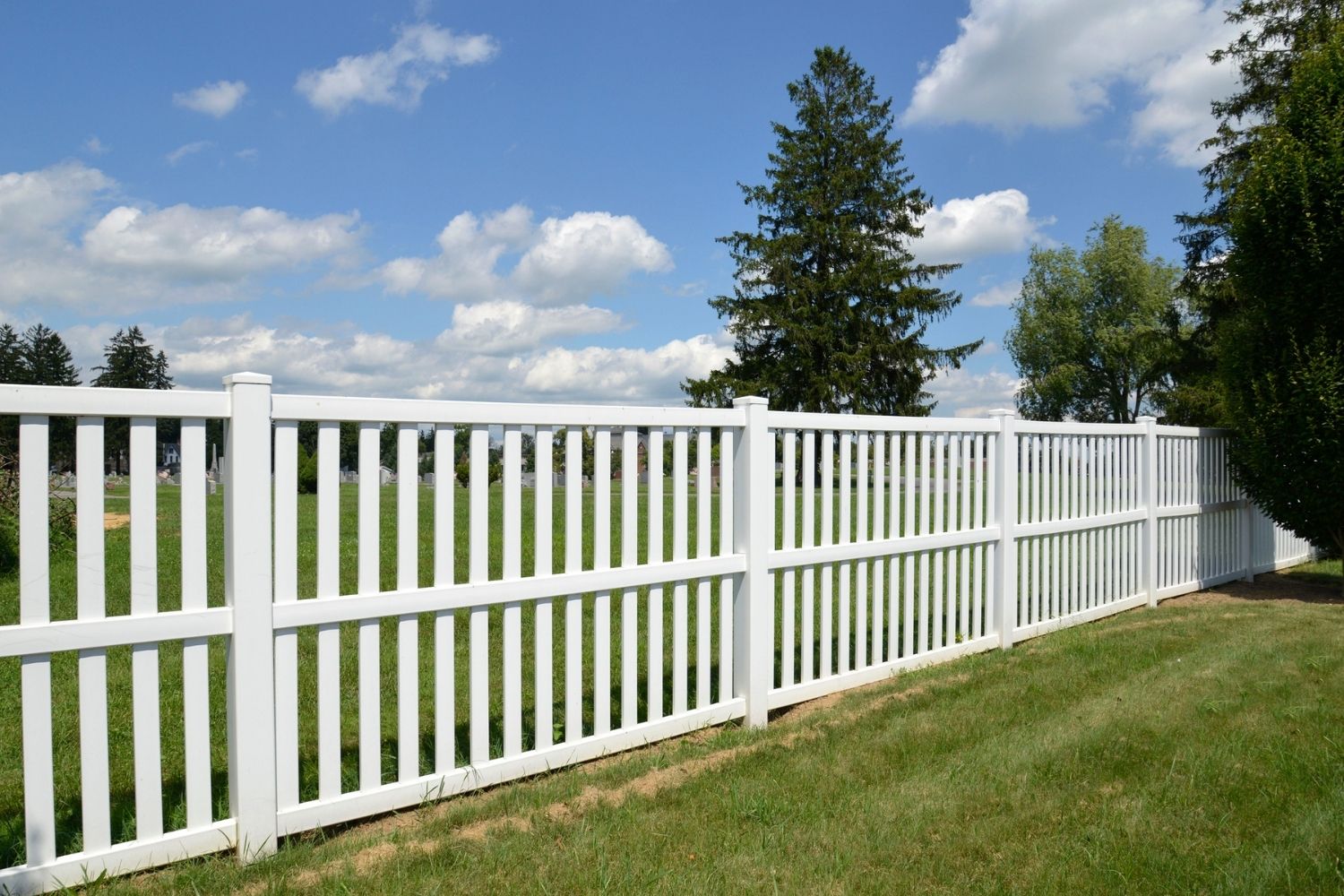

0 thoughts on “How Much Do Fence Posts Cost”